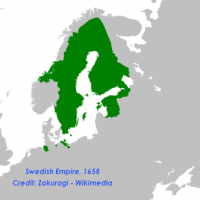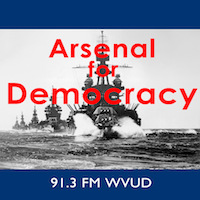The previous Colorado chief of Corrections was shot and killed in his own home by a former inmate who had spent years confined in solitary confinement (a punishment which is pretty well known at this point to make most people very mentally unstable), after the latter man was released from prison straight out of solitary when his sentence ended.
The victim, ironically, had expressed concern about the state’s excessive use of such treatment (and in particular the habit of releasing people directly without transition like that) and had cut the number of solitary inmates in half before his death.
To me it has long seemed that solitary confinement is probably one of the most heinous practices in the American prison system, and one that should probably be banned at least for general use under the 8th Amendment’s prohibition on “cruel and unusual punishment.” It must be particularly traumatic and damaging for inmates who are serving less than a life sentence and are eventually supposed to be released back into ordinary society.
The new executive director of Corrections, Rick Raemisch, is so opposed to the practice that he is using the job to campaign against it. As he said, “Everything you know about treating human beings, that’s not the way to do it.”
Raemisch even spent 20 hours in solitary himself in January to protest the practice. It’s part of his broader agenda to shake up the state’s correctional system so it might actually rehabilitate people rather than worsening the problem.
All of it calls to mind a biting satirical article from The Onion not long ago, headlined: “15 Years In Environment Of Constant Fear Somehow Fails To Rehabilitate Prisoner.”




 In a push-back against the tyranny of conservative tax caps that prevent some state and local tax increases except by referendum, activists and some legislators in Colorado are trying to persuade the courts to hear a case that says these restrictions are Federally unconstitutional.
In a push-back against the tyranny of conservative tax caps that prevent some state and local tax increases except by referendum, activists and some legislators in Colorado are trying to persuade the courts to hear a case that says these restrictions are Federally unconstitutional.  Description:
Description:



